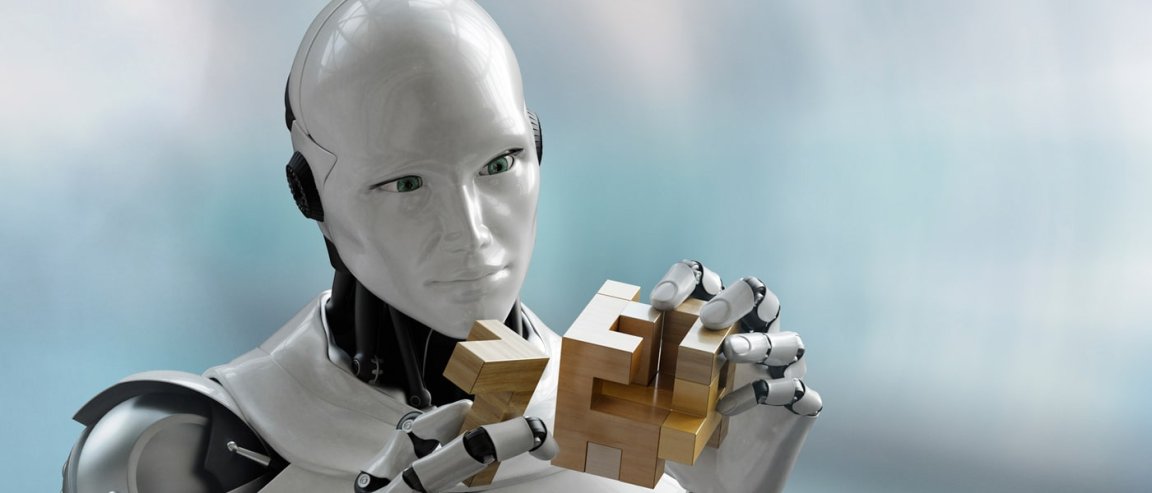
No longer just our jobs
When it comes to artificial intelligence (AI), perhaps very few people can claim they fathered a huge part of it. One such man is Jürgen Schmidhuber. Schmidhuber is considered the”father of very deep learning,” and the pioneer of deep learning neural networks. In fact, he built the foundations for many of the AI systems we find in our smartphones today.
If anyone can predict how far AI will go in the next couple years, it’s him.
During a talk at WIRED2016, Schmidhuber presented the future of AI as something beyond just taking over jobs. “In 2050 there will be trillions of self-replicating robot factories on the asteroid belt,” he told the audience. “A few million years later, AI will colonize the galaxy.”
Schmidhuber believes AI will play a crucial role in the way we will gather resources, most abundantly found in space. Orbital robot factories will be (un)manned by AI, capable of self-replication and space exploration. These AI will be scientists, he says, and in a few million years, will naturally explore the galaxy out of curiosity, setting their own goals. “Humans are not going to play a big role there, but that’s ok,” says Schmidhuber.

AI gets better and better
Can AI really do all that?
Right now, AI can already do quite a bit. In particular, deep learning neural networks — designed to mimic the human brains neural connections, and capable of learning by continuous exposure to tons of data — can execute speech and image recognition fairly well. They can even navigate and drive, carry out medical diagnoses, and engage in pharmaceutical research.
“Networks figure out over time which inputs are important and which aren’t,” explains Schmidhuber. “We train a stupid neural network to do the same as a doctor, based on lots of training examples. It becomes as good or better than the best competitor and rivals human performance now.”
In other words, we already have AI that can learn, becoming more and more effective. “Curiosity and creativity, coming up with new experiments so they can learn more about how the world works – this makes it so they become better problem solvers and improve their skills repertoire.”
Human AI seems to be on the not-so-distant horizon. As Schmidhuber puts it: “It took just a few million years [of evolution] to get to human intelligence, and computers are faster.”